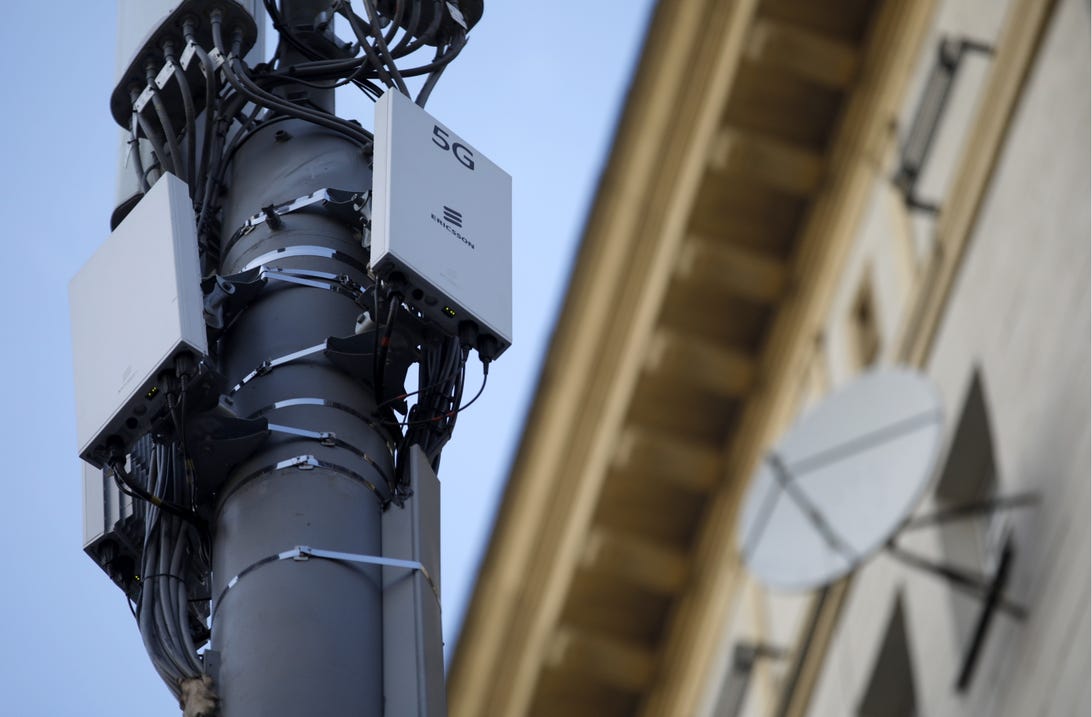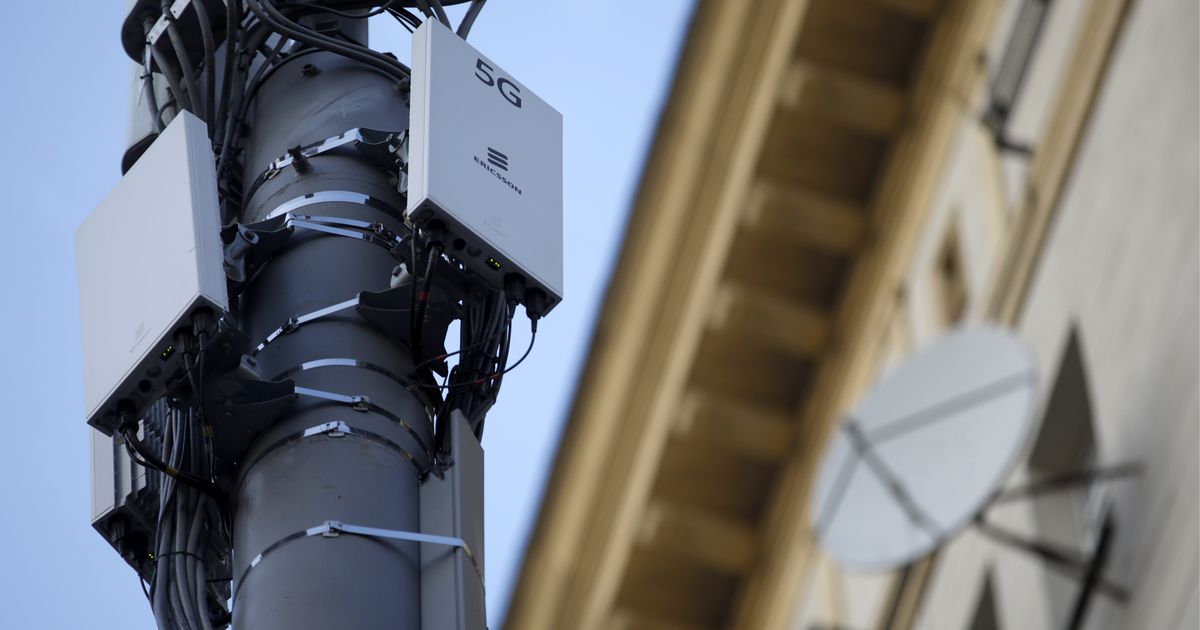
Getty Images
Transportation Secretary Pete Buttigieg and the US Federal Aviation Administration have asked AT&T and Verizon to delay the planned launch next week of their 5G wireless services, citing aviation safety concerns.
Failure to act will result in “widespread and unacceptable disruption as airplanes divert to other cities or flights are canceled, causing ripple effects throughout the US air transportation system,” according to a letter (PDF) Buttigieg and FAA Administrator Steve Dickson sent to the companies’ chief executives on Friday.
The request for a two-week delay of the Jan. 5 service launch comes amid concern that some 5G signals could interfere with radio altimeters, which use similar signals to measure how far above the ground an airplane is at any given time. Airline companies filed an emergency request with the Federal Communications Commission on Thursday, threatening to sue if the rollout isn’t delayed for further study of whether the signals would disrupt cockpit instruments.
Verizon and AT&T didn’t immediately respond to requests for comment. In the past, the wireless industry has said it will take precautions to make sure 5G doesn’t interfere with aircraft sensors. Carriers, along with experts from the FCC, have additionally said there are no serious interference issues.
FCC Commissioner Brendan Carr, a proponent of the new 5G services and a Republican, in a tweet accused the Biden administration of “working to needlessly delay C-Band operations.” In a letter to Buttigieg, Carr called the request for a delay “highly irregular” and said the FCC’s rules for 5G signals will protect airplane operations from harmful interference.
Nearly 40 countries have turned on 5G over C-Band spectrum.
Yet the Biden Administration is working to needlessly delay C-Band operations here.
That would only undermine America’s 5G leadership and the mid-band work we accomplished over the past few years.
My response to DOT: pic.twitter.com/pVhUTyOd9m
— Brendan Carr (@BrendanCarrFCC) January 1, 2022
The letter proposes identifying priority airports “where a buffer zone would permit aviation operations to continue safely while the FAA completes its assessments of the interference potential.”
In November, the FAA warned about potential interference between key cockpit safety devices and cell towers on the ground transmitting 5G signals. And earlier this month, the FAA issued new directives to the airline industry warning that interference from 5G signals using the C-band spectrum could result in flight diversions, but the agency didn’t quantify the impact.
The new 5G C-band is expected to offer faster and wider-reaching signals, improving on the relatively short range of higher-speed millimeter-wave 5G and providing speedier connections than the 4G LTE-like low-band 5G. Wireless companies are promoting 5G as both the next step technologically and a critical update offering faster internet speeds and reliability.
